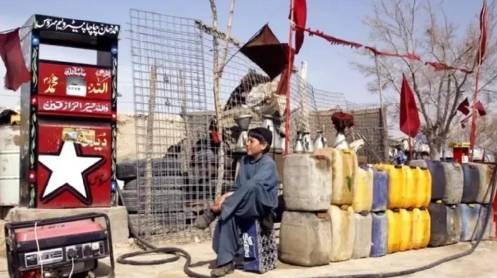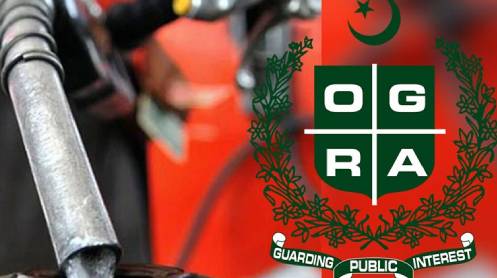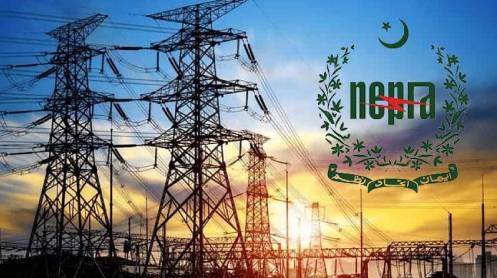KARACHI: The sale of legally sourced petrol in Balochistan, particularly in Quetta, has surged dramatically over the past 10 days following widespread road blockades in the province.
Oil marketing companies have reported a tenfold increase in the sale of petroleum products in Quetta, Balochistan’s provincial capital. “We have recorded the sale of 600,000 litres of petrol over the past several days in Quetta, compared to less than 50,000 litres per day previously,” representatives from the oil sector informed The News.
Typically, smuggled petrol from Iran fulfills the province’s demand, especially in Quetta. However, the Baloch Yakjehti Committee (BYC) called for a public meeting in Gwadar, leading to the closure of major roads and arteries across the province by both protesters and local administrations.
Oil sector representatives explained that the road closures prevented the transport of smuggled Iranian petrol from Taftan, a border city, to Quetta. This disruption forced Quetta to rely on legally sourced petrol from Oil Marketing Companies (OMCs).
As a result, legal petrol sales in Quetta soared. However, with some roads now reopening, the supply of smuggled petrol has resumed, though in smaller quantities. “We observed a drop in legal petrol sales to 300,000 litres per day in Quetta on Wednesday, indicating that smuggled Iranian petrol is once again being supplied,” they noted.
The representatives criticized the government’s claims of a crackdown on smuggling, highlighting the significant increase in formal petrol sales during the road closures as evidence of ongoing issues. The oil sector has long raised concerns about the impact of smuggled Iranian petroleum products on the local market, arguing that it harms the business of oil marketing companies and refineries while causing substantial revenue losses for the government.
The Oil Companies Advisory Council (OCAC) has repeatedly urged the government to enforce a complete ban on the smuggling of these products, but the issue persists.
Story by Tanveer Malik





